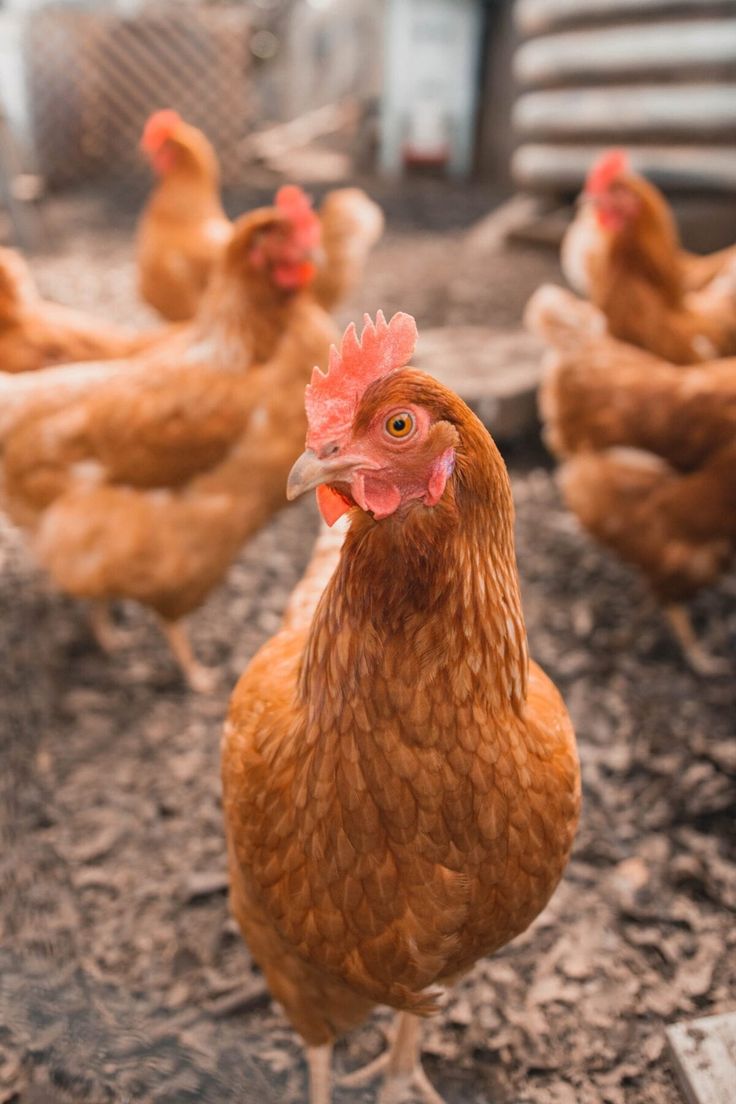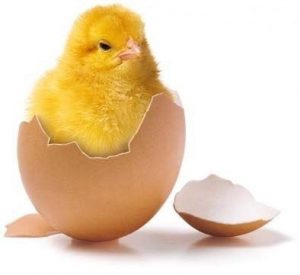Layer chicken farming involves raising chickens specifically for egg production. With the increasing demand for eggs, starting a layer chicken farm can be a profitable business opportunity. However, it requires careful planning, management, and knowledge of best practices to ensure success. In this comprehensive guide, we will provide you with valuable tips and insights for running a successful layer chicken farm and maximizing egg production.
By the way you should Note that our company can help you to start by giving you all the necessary information you need to get started if not yet in the business. Please check our online shop, we have all standard business proposals for different capacities at very a cheap price made by the best agricultural specialists as well as Standard design plans that are made by the best agricultural architects around the globe. please visit our online shop now using the links below to witness by yourself
Design plans (FARM HOUSE DESIGNS – Kimd Construction & Farm Consultants)
Business plans (BUSINESS PLANS & PROPOSALS – Kimd Construction & Farm Consultants)
Welcome back from visiting our shop, hope you have placed your order for any of our products or you can place it after navigating more of our informative articles.
so let’s continue with our article!
1. Selecting the Right Layer Chicken Breeds:
– Understanding different layer chicken breeds and their characteristics.
– Considering factors such as egg production rate, egg size, and adaptability.
– Consulting with poultry experts or experienced farmers for breed recommendations.
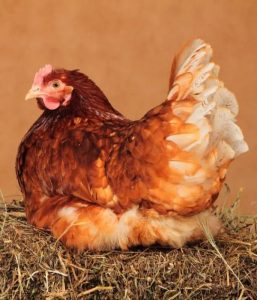
2. Building the Ideal Layer Chicken Housing:
– Designing and constructing a comfortable and spacious layer house.
– Ensuring proper ventilation, lighting, and temperature control.
– Providing adequate nesting boxes and perches for the hens.
– Implementing biosecurity measures to prevent diseases.
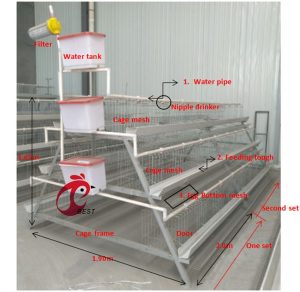
3. Procuring Quality Layer Chicks:
– Selecting healthy and high-quality layer chicks.
– Evaluating different sourcing options, such as hatcheries and reputable suppliers.
– Ensuring proper vaccination and disease prevention protocols.
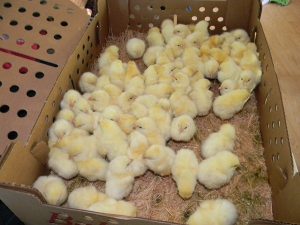
4. Proper Layer Chicken Nutrition and Feeding:
– Formulating a balanced diet for optimal egg production.
– Understanding the nutritional requirements of layer chickens at different stages.
– Providing a mix of commercial layer feed, grains, and supplements.
– Ensuring access to clean drinking water at all times.
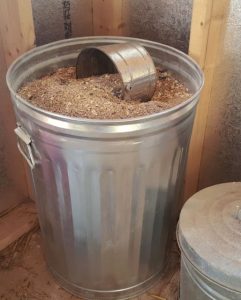
5. Egg Production and Management:
– Monitoring and recording egg production rates.
– Collecting eggs regularly and handling them carefully.
– Ensuring proper storage and packaging of eggs.
– Managing and disposing of egg waste hygienically.
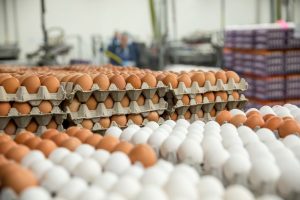
6. Layer Chicken Health and Disease Prevention:
– Implementing a comprehensive vaccination program.
– Regularly inspecting and monitoring the health of the flock.
– Practicing good hygiene and sanitation in the layer house.
– Promptly addressing any signs of illness or disease.

7. Managing Egg Quality and Size:
– Implementing strategies to improve egg quality, such as nutrition and lighting.
– Monitoring egg size and ensuring uniformity.
– Addressing factors that may affect egg quality, such as stress or inadequate nutrition.
8. Marketing and Selling Eggs:
– Identifying potential markets and customers for your eggs.
– Developing a marketing strategy, including branding and packaging.
– Establishing relationships with local retailers, markets, or restaurants.
– Exploring opportunities for direct sales, such as farm stands or online platforms.
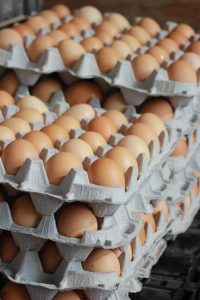
9. Financial Planning and Record Keeping:
– Creating a business plan for your layer chicken farm.
– Estimating startup costs, ongoing expenses, and potential revenue streams.
– Keeping detailed records of egg production, expenses, and profitability.
– Seeking financial assistance or grants if necessary.
Conclusion:
Layer chicken farming can be a rewarding and profitable venture with proper planning, management, and adherence to best practices. By following these tips and guidelines, you will be well-equipped to run a successful layer chicken farm and maximize egg production. Remember to prioritize the health and welfare of your chickens, stay updated with industry advancements, and adapt your practices to optimize productivity. Good luck on your journey into the world of layer chicken farming!
Please leave a comment.

